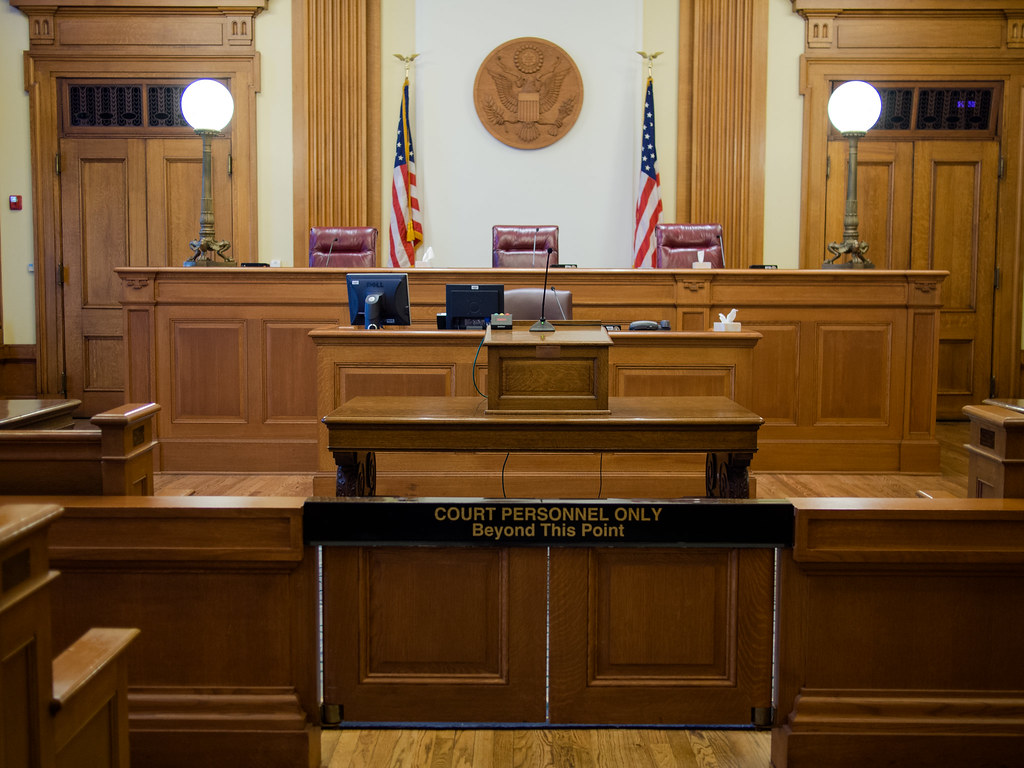Blog
“Scriptural Silence and the Burden of Proof”
Categories: Meditations

In my life, I’ve had training in logic from two main sources: the church and my secular education. The further I progressed, the more I realized that the same principles were taught in both settings. I used the same canons of logic in formal debate and law school that I saw preachers use in establishing Biblical authority.
Admittedly, the Lord’s church has developed its own weird (and unhelpful) jargon over the past 200-odd years. Nobody else talks about direct command, approved example, and necessary implication. Because of this, many brethren have concluded that we’re doing something logically unsound. In reality, the jargon is nothing more than a mask over universal principles of reasoning. We reach the same conclusions that anyone who engages the text logically will reach.
Take, for instance, what we call the silence of the Scriptures. To the argument, “The Bible doesn’t say we can,” many will indignantly reply, “Well, the Bible doesn’t say we can’t either!”
That counterargument may be emotionally satisfying, but it has a fatal flaw. It fails to consider who has the burden of proof. Outside the realm of religion, that burden of proof is universally understood to lie with the affirmative.
This holds true in formal debate. The affirmative has the responsibility of establishing the truth of the resolution that is the subject of the debate. That’s their burden of proof. If they never make a prima facie case for the resolution, the negative wins by default, even if the negative doesn’t say a word.
In the same way, in criminal law, the prosecutor has the burden of proof. He is required to establish beyond a reasonable doubt that the accused committed the crime. That’s what lies behind the saying, “Innocent until proven guilty.”
Conversely, the defense attorney is not required to establish the innocence of the accused in order to secure an acquittal. His job is to poke holes in the prosecutor’s case until reasonable doubt exists. This is why juries in such cases return a verdict of “Not guilty” instead of “Innocent”. They don’t have to know that the accused is innocent; they merely have to doubt that he’s guilty. A not-guilty verdict is another way of saying, “The prosecutor didn’t meet his burden of proof.”
The silence of the Scriptures is a burden-of-proof argument too. Silence as such proves nothing. However, if the Scriptures are silent concerning, say, the use of instruments of music by Christians in worship, that silence still is extremely significant. It shows that advocates of instrumental music do not have the evidence they need to argue their case. They will fail not because the silence of the Scriptures is dispositive, but because silence means that they will be unable to meet their burden of proof. In emphasizing Scriptural silence, we are skipping analytical steps, but the conclusions we reach are sound.
My answer, then, to those who want to introduce some new practice is the same as the answer of the negative in a debate. It is the same as the answer of the defense attorney. You say that this is right? Fine. Prove it.
If, instead, you try to hold me responsible for proving a negative, you are implicitly acknowledging that your case is impossible to make.





